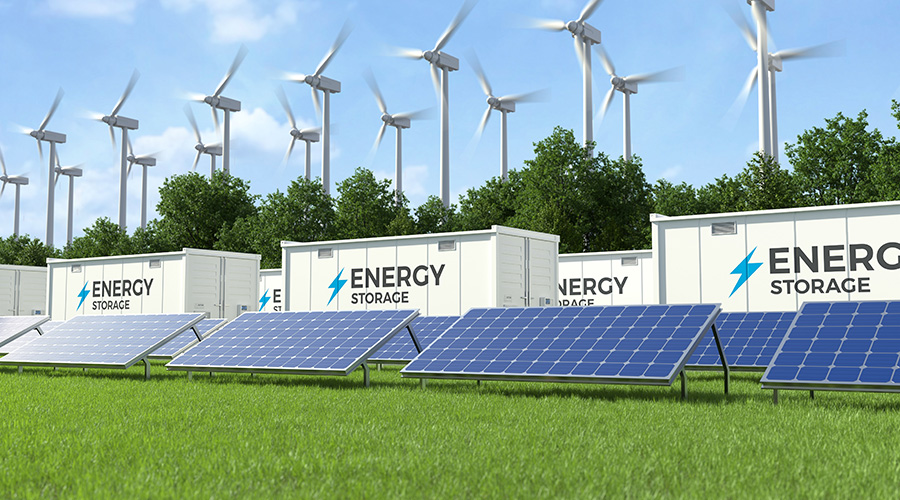McKinsey: Unlocking Energy Efficiency Potential in Buildings Could Significantly Bolster Economy
Investing in the energy efficiency of buildings represents a powerful and strategic energy and climate solution could reduce the nation’s energy consumption by 23 percent by 2020, save the U.S. economy $1.2 trillion, and reduce greenhouse gas emissions by 1.1 gigatons annually, according to a new study by McKinsey & Company.
Investing in the energy efficiency of buildings represents a powerful and strategic energy and climate solution could reduce the nation’s energy consumption by 23 percent by 2020, save the U.S. economy $1.2 trillion, and reduce greenhouse gas emissions by 1.1 gigatons annually, according to a new
study by McKinsey & Company.
The energy efficiency potential cited in the report is divided across three sectors of the U.S. economy: industrial (40 percent of the end-use energy efficiency potential), residential (35 percent) and commercial (25 percent). Maximizing the energy efficiency potential from any single opportunity-- weatherizing homes, utilizing efficient air conditioners, or employing combined heat and power generation – requires addressing multiple barriers simultaneously, the study says.
The report calls for the nation to develop an integrated plan to increase energy efficiency in buildings and other non-transportation sectors guided by five principles:
-
Recognize energy efficiency as an important energy resource that can help meet future energy needs, while the nation simultaneously develops new no- and low-carbon energy sources.
-
Formulate and launch – at both the national and regional levels – an integrated portfolio of proven, piloted and emerging approaches.
-
Identify methods to provide the significant upfront funding.
-
Forge greater alignment among utilities, regulators, government agencies, manufacturers and energy consumers.
-
Foster innovation in the development and deployment of next-generation energy efficiency technologies to ensure continuing productivity gains.
A targeted investment of $50 billion a year over 10 years, the report finds, would enable the entirety of those potential savings to be realized. Those reductions in energy use would save the U.S. economy $1.2 trillion. Furthermore, those investments would generate 900,000 jobs and reduce greenhouse gas emissions by 1.1 gigatons, according to the report.
McKinsey’s research finds that a comprehensive strategy, executed at scale, could reduce the annual non-transportation end-use energy consumption analyzed in this report from 36.9 quadrillion BTUs in 2008 to 30.8 quadrillion BTUs in 2020 – saving 9.1 quadrillion BTUs relative to a business-as-usual baseline.
Unlocking Energy Efficiency in the U.S. Economy was sponsored by the U.S. Green Building Council and 11 other organizations from the government, non-governmental, and private sectors.
Related Topics:











